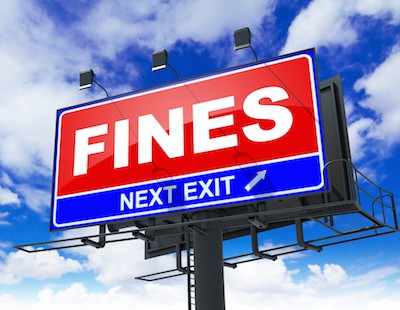2018 update below
“Small” churches (fewer than 50 employees) across America are making a big difference. And as with other nonprofits, they do a lot with a little. One thing that many churches have done to make being a pastor a little less taxing is about to become illegal.

Up to this point it’s been above-board: no church with 1 or 2 employees can qualify for a group health insurance plan (practically speaking), so the church encouraged the pastor(s) to get their own family plan with an insurance company. And then the church paid the bill directly or reimbursed the premium to the pastor.
Even when the church reported that on the employee’s W2, it created a situation where the pastor was paying with pre-tax dollars. This whole practice is called an HRA (healthcare reimbursement arrangement).
That’s About to Change
The latest functional rollout of Obamacare, coming June 30, 2015,[1], kills the HRA. Here’s my understanding of how Obamacare changes affect small churches:
- every American must have “minimum essential coverage” (group health insurance)
- “small employers” (less that 50 full-time-equivalent employees) aren’t required to provide group insurance
- therefore, those employees would have to get their own insurance through their Obamacare insurance exchange [UPDATE Dec 2015: After learning more about Obamacare’s SHOP for small employers, you might consider setting up a group plan through the government]
- if the employer wanted to set up an HRA, it has to be made available to every employee, and it has to provide “minimum essential coverage”[2]
- since the HRAs described above don’t meet that requirement, the IRS would charge a $100/day/employee penalty for non-compliance[2] [UPDATE 2018: HRAs were reintroduced through 2017 legislation; churches can again reimburse under a QSEHRA plan]
- so it seems to benefit small employers to cancel HRAs, and even group plans, and let the employees figure out Obamacare themselves
Can’t the Church Just Pay More?
It seems like an easy fix for the church simply to say, “We’ll just increase the pastor’s pay by the amount of the premium we’ve been paying under the HRA.” Maybe. But here are some potential landmines with that:
- Since we’re talking about the government wanting to tax the income, it’s a sliding scale: if the premium was $500/mo and the salary was increased $500/mo, the pastor is taking home less than $500/mo after taxes
- If you increase each employee’s pay now, what happens when someday your church sets up a group policy? Are you going to decrease each employee’s pay to make up for it? What about employees that were hired between now and when you set up the group plan? Messy.
- The IRS is still hashing all this out, but simply increasing each employee’s pay by the amount of their premium (or even if you grossed it up so that the employee had the $500 after taxes in my example), might be seen as a pretty thin veil for “we’re just continuing the HRA, not setting up group insurance, and trying to trick the IRS.”
What Are You Going to Do?
I wish I had a silver bullet solution that worked for all of you out there. Because these sands continue to shift, all I can say for now is, “If it were my church, I’d immediately stop our HRAs.”
[1] “The gist of the [IRS 2015-17] notice says that employers who were offering reimbursement for individual plans don’t have to file for exemptions… for violations prior to June 30, 2015.” ObamacareFacts.com/hras-fsas-and-employer-healthcare-arrangements/
[2] from video at ClergySupport.com/portfolio-view/obama-care-and-hra/
Special thanks to Peggy Liddell at Potter’s Will Consulting for putting this on my radar, and to Ministry Advantage for doing some very helpful digging on this topic.

Leave a Reply